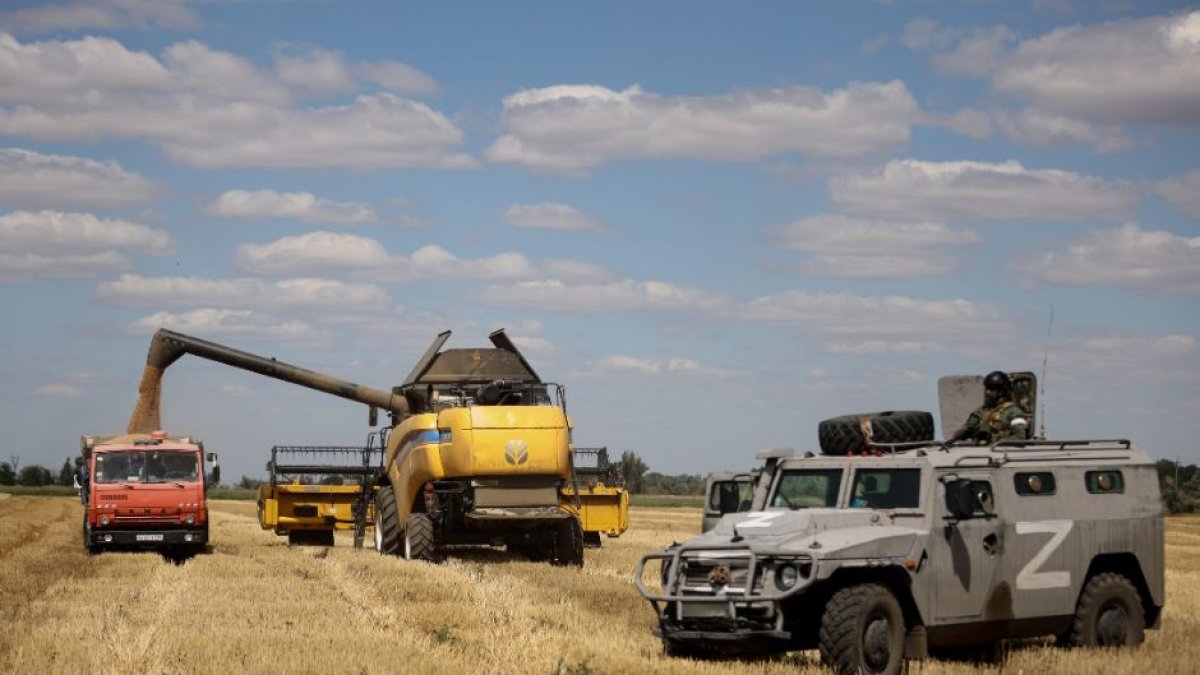Russia breaks agreement to allow grain to leave Ukraine
The move poses a threat to global food security and may aggravate global inflation.

(Cordon Press)
Russia will not let ships carrying grain leave Ukrainian ports freely. Kremlin spokesman Dmitry Peskov announced that the country is unilaterally breaking the agreement under which the Russian army allowed the departure of grain ships. The Russian executive's decision poses a serious threat to global food security and may lead to a significant increase in world inflation.
Russia demands compliance with its demands for food and fertilizer exports
Peskov argued that the decision was due to the international community's non-compliance with the Russian side of the agreement. In particular, the Kremlin has complained that its own food and fertilizers cannot reach the market. The spokesman assured that the Russian blockade will cease when its demands are met: "When the Russia-related part of the Black Sea agreement is implemented, Russia will immediately return to the implementation of the agreement." Despite its protests, Russia has exported a very large amount of wheat since the beginning of the invasion.
The grain agreement provided assurances that ships would not be attacked when entering and leaving Ukrainian ports countries in Africa, the Middle East and Asia, where hunger is a growing threat and exorbitant food prices have pushed millions of people into poverty.
A second deal linked to the previous one sought to facilitate trade in Russian food resources and fertilizers. Western sanctions do not apply to agricultural shipments from Moscow, although some companies are becoming wary of doing business with Russia.
EU condemns "cynical move" by Russia
European Commission President Ursula von der Leyen condemned the Kremlin's "cynical move" despite efforts by the UN and Turkey to extend the agreement.

























